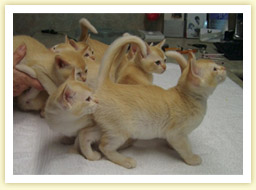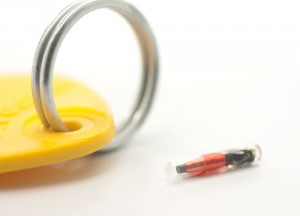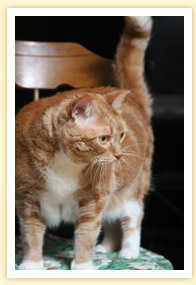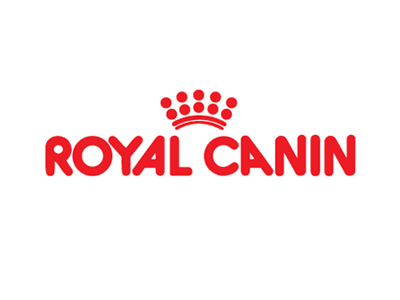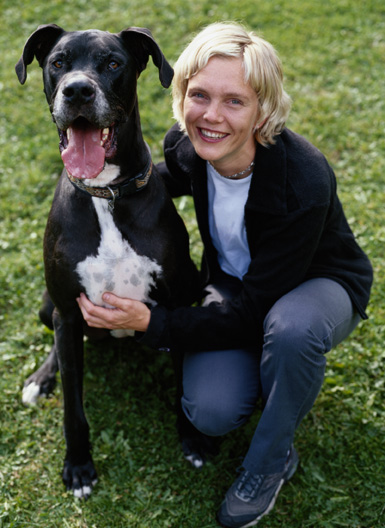Preventive care is the key to keeping your pet healthy and happy. It is our goal to prevent illness whenever possible. Routine examinations and a complete preventive health care plan are the best ways to stop illness and disease before they affect your pet’s quality of life.
When it comes to keeping your pet healthy, prevention is the key. Northlands Animal Care Hospital emphasises wellness exams and preventive care as part of your pet’s overall health care plan. We recommend your pet undergo a thorough wellness exam each year, and in senior pets more frequent exams are encouraged. A “nose to tail” wellness exam can spot diseases and health care problems in your pet before they become more difficult to treat.
Vaccinations
Up-to-date vaccinations are of the utmost importance in your pet’s health care. Every pet is unique and so each pet has unique needs when it comes to vaccinations. We work closely with you to develop a vaccine protocol for your pet based on his or her needs and lifestyle. Some vaccines require annual boosters, while others do not.
- Dogs are vaccinated against canine distemper virus (CDV), parvovirus (CPV), kennel cough (KC), parainfluenza (CPI), infectious canine hepatitis (CAV-1) and canine adenovirus 2 (CAV-2)
- Puppies have a course of 3 vaccinations at 6, 9, and 12 weeks
- Dogs 1 year and over require an annual booster for KC and a 3-yearly booster for CDV, CPV, CAV-1, CAV-2, CPI
- Cats are vaccinated against viral rhinotracheitis (FVR), feline respiratory disease caused by feline calicivirus (FCV), and feline panleukopenia (FPL)
- Cats should be vaccinated against feline immunodeficiency virus (FIV)
- Kittens have a course of 3 vaccinations at 8, 12, and 16 weeks
- Cats 1 year and over need an annual booster for FIV and an annual (or three yearly) booster against FVR, FCV and FPL

